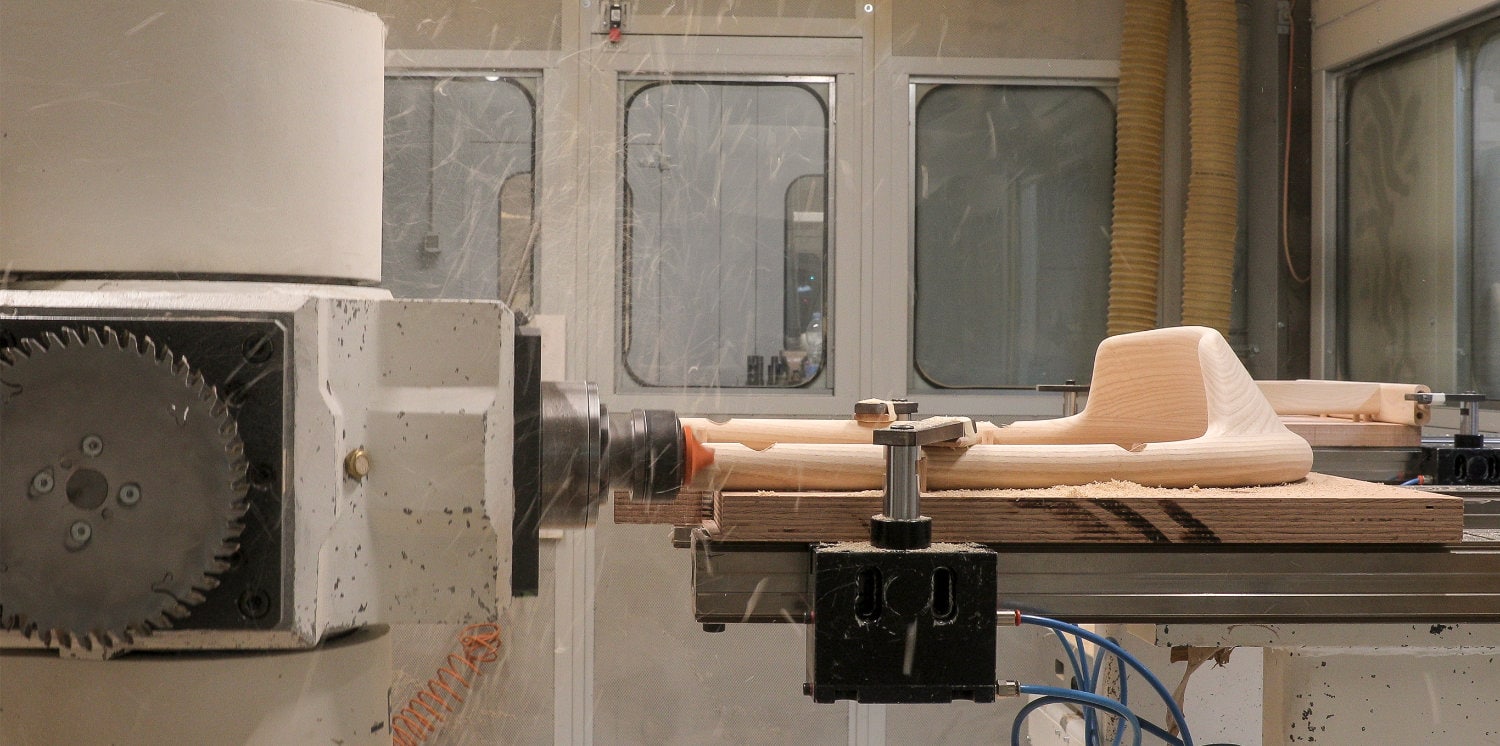As part of the practice’s first Environmental Product Declaration (EPD), Foster + Partners has completed a comprehensive life cycle assessment (LCA) of the LEVA chair designed for Mattiazzi. The industrial design and sustainability teams at Foster + Partners undertook this project with a view to encourage and challenge the manufacturers we work with to embrace more sustainable production processes.
Chris Trott, Partner and Head of Sustainability, Foster + Partners: “Foster + Partners has always been committed to advocating and selecting products that have clear environmental credentials. Therefore, EPDs offered a logical route for us to analyse the design and development of the LEVA chair, giving us a meaningful and incisive data that will inform our design processes as we strive towards a more sustainable approach.”
An EPD transparently reports comparable, objective, and third-party verified performance data on a series of environmental impacts including the global warming potential (GWP) generated during all life stages of the chair. This process of creating an EPD is usually carried out by manufacturers. However, the practice was keen to engage with the process to gain a more holistic understanding of the way embodied carbon is measured and quantified in products.
LEVA is the first timber chair designed by Foster + Partners. Combining craftsmanship with sophisticated machinery to create an ergonomically designed chair, the sparing use of material is rooted in the idea of sustainability – to do more with less. Leva is manufactured by Mattiazzi, who is an industry leader in sustainable manufacturing. They have been extremely open and supportive of the EPD process allowing access to their supplier networks, energy use and manufacturing techniques. Made of ash sustainably sourced from Eastern Europe, the chair is designed to reduce the amount of waste generated during its manufacture. Any timber discarded during the machining process is used to fuel the heating system at the factory, supplementing the photovoltaic panels on the factory roof.
Following the ISO 14025 and ISO 14044 standard requirements, the process of assessment has involved a collaboration between the designers, environmental consultants and the manufacturer to measure every step of the chair’s creation and delivery from the raw timber and the upholstery options to the packaging and its end of life. The EPD for the LEVA chair is 2.73 kg CO2eq for the un-upholstered chair, 10.2-10.7 kgCO2eq for wool upholstered chairs and 15.6-17.8 kgCO2eq for leather upholstered chairs. This compares well to similar chairs which average 43.9 kgCO2e. The fitting out and equipping of our buildings is a major contributor to carbon emissions worldwide so transparency is key in enabling a more sustainable approach to the design of products.
Mike Holland, Head of Industrial Design, Foster + Partners, said: “From its inception, the practice has always taken a holistic approach towards sustainability. The EPD process has given us an opportunity to take a forensic view of where materials come from, how they are processed and everything that contributes to their carbon content. It is an extremely comprehensive and detailed overview that allows us to understand how our design decisions impact the sustainability of our products. We hope that with this knowledge we can challenge, encourage and guide our clients and product manufacturers on the journey towards more sustainable products.”
The practice is committed to pushing for all new products to have a Life Cycle Assessment and EPD by the manufacturer in its quest to reduce carbon emissions.
Expressing his gratitude that the International EPD System is Foster + Partners’ first choice to further mainstream EPD development and use in early product design, Sebastiaan Stiller, MD, EPD International AB, said, “to facilitate that eventually only the most sustainably designed products come to market, our contribution is to make our trusted EPD Services as accessible as possible. So that any organization, no matter its size, location and industry can publish EPDs in an as sensible, simple and affordable way.”




